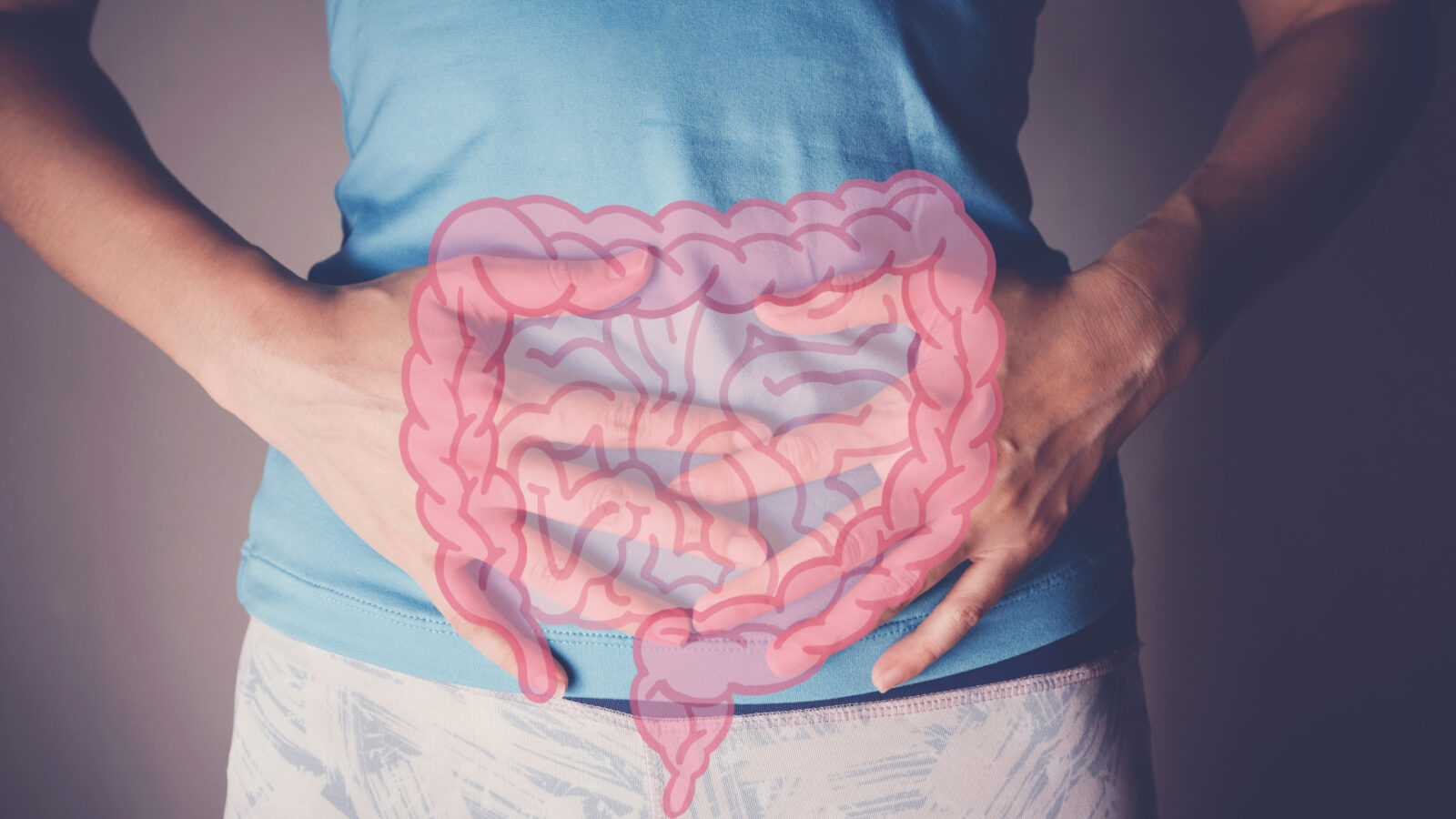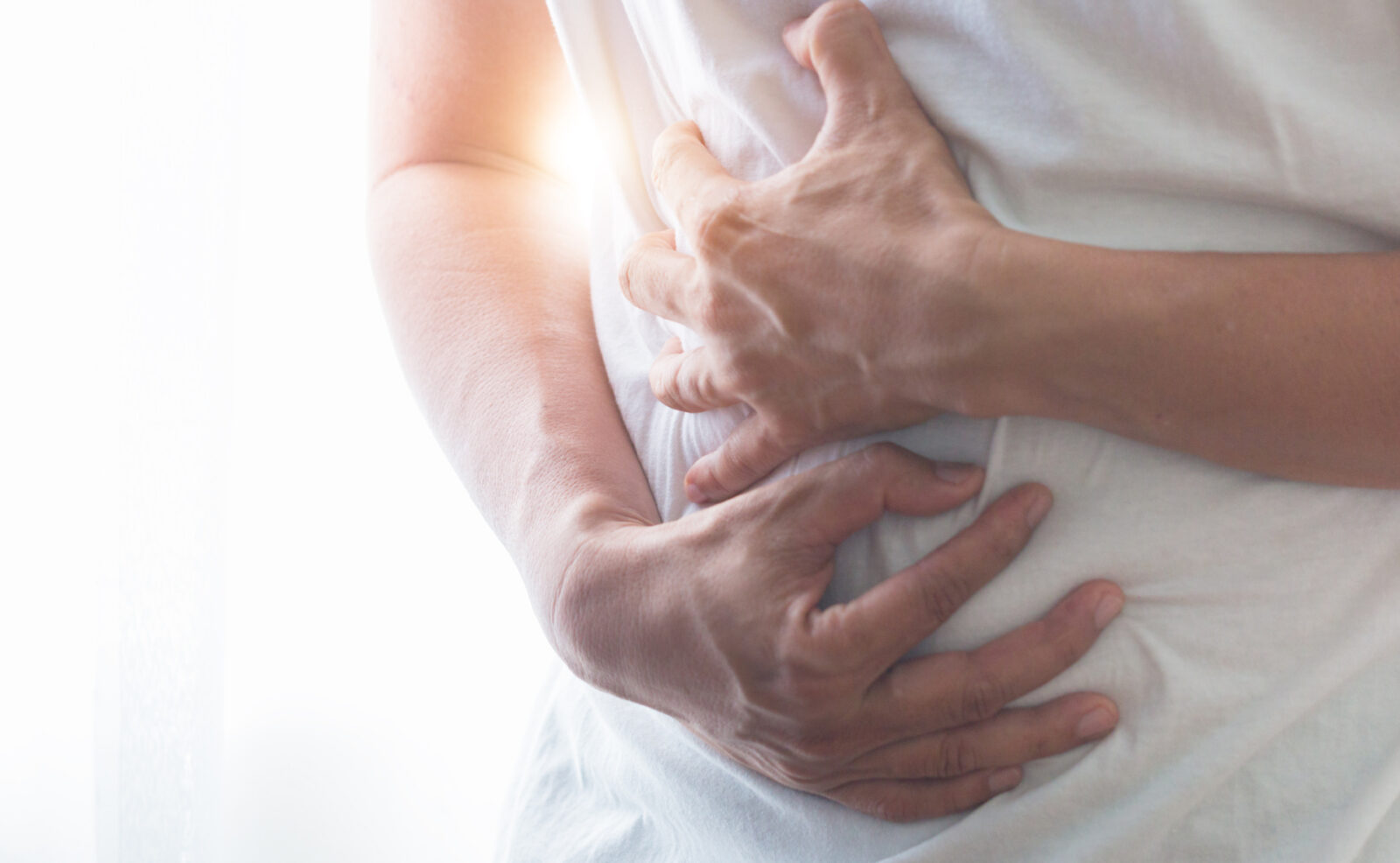
As we age, our digestive system undergoes changes that can lead to constipation and other digestive issues.
Constipation is a common digestive disorder that is characterised by infrequent bowel movements or difficulty passing stool. It can cause discomfort and abdominal pain, and in some cases, may lead to more serious health problems.
Constipation is a common problem among people over 60, and it can be a source of discomfort and even pain.
Fortunately, there are several effective solutions for managing constipation and improving your digestive health.

Firstly, it’s important to understand why constipation is so common among older adults. As we age, the muscles in our digestive tract weaken, which can slow down the movement of stool through the colon.
In addition, many older adults take medications that can cause constipation, such as painkillers and antidepressants. Finally, older adults tend to be less active, which can contribute to constipation.
Some other common causes of constipation include:
It is important to consult a healthcare professional if constipation is persistent or accompanied by other symptoms such as pain, blood in stool, or weight loss.
Although the causes of constipation are varied, Dr Ginni Mansberg says that “the absolute biggest cause of constipation is a poor diet with insufficient fibre.”
“Most of us believe our diet is a story of never-ending fish and vegetables! But in reality few of us get the requisite 5 serves of veggies, 2 serves of fruit and 4-6 serves of whole grains a day that would keep your guts working at 100% capacity,” Mansberg explains.
“The second thing is being busy. Pooping isn’t the kind of thing that neatly fits into a strict routine. It would be nice if you could arrange for your bowels to open at 7am each morning between your morning walk and your shower.
“But the urge might come at 9 am when you’re at the shops or at work. If you get performance anxiety at making pooping noises and smells in a public toilet, you’ll be tempted to ignore the urges. Doing that too often can really stuff up your system.
“Just remember any change in your bowel habits (including new constipation) warrants a trip to your GP. Bowel cancer is more common the older you get and it’s the second biggest cancer killer of men and women in Australia. The earlier you catch it the better the prognosis. We don’t want to miss it.”

Constipation can result in several negative health consequences. It can lead to discomfort, pain, and bloating, which can significantly impact your quality of life. Chronic constipation can also increase the risk of developing hemorrhoids, anal fissures, and diverticulitis.
Additionally, straining during bowel movements can lead to pelvic floor dysfunction, which can cause urinary and sexual dysfunction.
Furthermore, constipation can result in the accumulation of toxins in the body, which can negatively impact overall health. Therefore, it’s essential for you to manage your constipation effectively to prevent these potential health consequences.
In addition, “constipation feels horrible” as Mansberg highlights.
“It gives you abdominal pain, bloating and gas. It makes reflux worse. It makes you feel sluggish,” Mansberg says.

There are several ways to relieve constipation, including making dietary changes, increasing physical activity, and taking over-the-counter laxatives or stool softeners.
Drinking plenty of water and eating fiber-rich foods like fruits, vegetables, and whole grains can also help to promote regular bowel movements.
It’s important to talk to a healthcare provider if constipation persists, as it may be a symptom of an underlying medical condition.
Mansberg suggests fixing your diet as the first port of call when it comes to relieving constipation.
“Not only will binning packaged foods and opting for fibre and veggies help fix your bloating, farting and constipation, but for free we’ll throw in less cancer, less heart disease, less diabetes, lower blood pressure and even less dementia,” Mansberg explains.
The following solutions can also help manage constipation and improve your digestive health:
Managing constipation and improving digestive health requires a combination of lifestyle changes and medical interventions.
You should aim to increase your fibre intake, stay hydrated, exercise regularly, take probiotics, use laxatives as a last resort, consider medication adjustments, use the bathroom regularly, and practice good bathroom habits.
By taking these steps, you can help maintain good digestive health and avoid the discomfort of constipation.
This article was originally published on April 7, 2023, and has been updated on March 21, 2024.
IMPORTANT LEGAL INFO This article is of a general nature and FYI only, because it doesn’t take into account your personal health requirements or existing medical conditions. That means it’s not personalised health advice and shouldn’t be relied upon as if it is. Before making a health-related decision, you should work out if the info is appropriate for your situation and get professional medical advice.